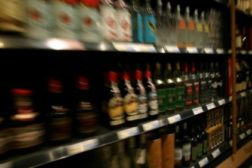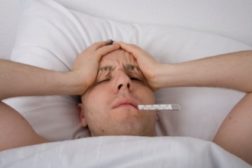Workplace Health
Can't sleep? You could be at higher risk of a heart attack
New study links insomnia, heart attacks
October 25, 2011
Overconsumption of salt is dangerous and expensive, says AHA
New CDC report: Most at risk not heeding sodium limit
October 24, 2011
Report claims FCC underestimates cellphone radiation dose
Children may absorb 10x the radiation that adults do
October 18, 2011
Study: Binge drinking costs U.S. billions of dollars a year
CDC details workplace, health care toll of booze
October 18, 2011
CDC: Time to get your flu shot
Agency's annual report predicts ample supply of vaccine
October 17, 2011
Never miss the latest news and trends driving the safety industry
eNewsletter | Website | eMagazine
JOIN TODAYCopyright ©2024. All Rights Reserved BNP Media.
Design, CMS, Hosting & Web Development :: ePublishing









